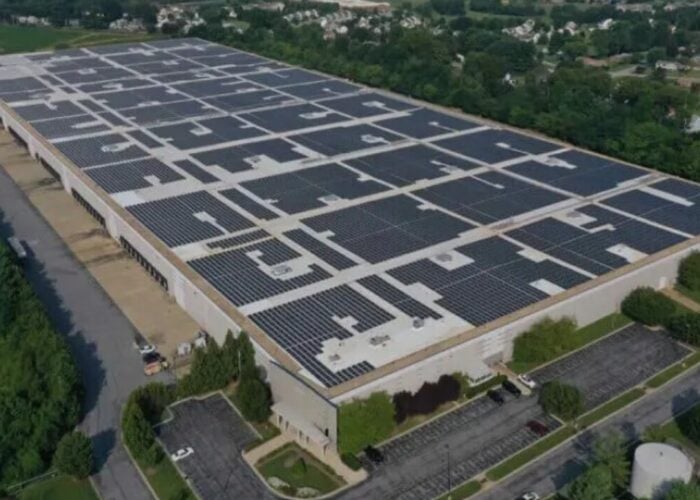
Tucson Electric Power (TEP) is to embark on several new pricing options for rooftop solar customers, following an approval by the Arizona Corporation Commission (ACC) of the utility’s new rate plan.
This is the first utility rate case to come to the fore after retail net metering was formally ended in December after a valuation of solar investigation that spanned three years.
Unlock unlimited access for 12 whole months of distinctive global analysis
Photovoltaics International is now included.
- Regular insight and analysis of the industry’s biggest developments
- In-depth interviews with the industry’s leading figures
- Unlimited digital access to the PV Tech Power journal catalogue
- Unlimited digital access to the Photovoltaics International journal catalogue
- Access to more than 1,000 technical papers
- Discounts on Solar Media’s portfolio of events, in-person and virtual
Or continue reading this article for free
Last summer, fellow Arizonian utility APS submitted a request to implement a mandatory demand charge for residential customers. The ACC is also expected to rule on this case sometime this year.
Under the new plan which will be implemented from 1 March, residential solar customers will see a monthly fee of US$2.05 for the priviledge, with new commercial customers subject to an extra US$0.35 per month. Existing solar customers are exempt from the additional charges. A typical electricity customer’s average monthly bills are expected to increase by around US$8.50 compared to November 2015 rates, the utility said, adding that the increase is due to cost of new energy resources and grid upgrades.
Importantly, as part of the new plan, customers will be able to choose new time-of-use (ToU) rates, peak demand and demand TOU plans. Time-of-Use plans offer lower rates most of the time but higher rates during on-peak hours. Demand plans combine even lower energy charges with a fee based on customers’ highest hourly energy use.
“Our new rates include a new suite of pricing plan options for customers that offer new savings opportunities and contribute to the long-term sustainability of our local energy grid,” said David G. Hutchens, TEP’s president and CEO. “These new rates also support our ongoing investments in cost-effective energy resources that help us provide safe, reliable service.”
However, the new charges will make rooftop solar less financially attractive, but only marginally so. TEP specified that additional changes for solar customers, including revised compensation rates, are expected later this year.







